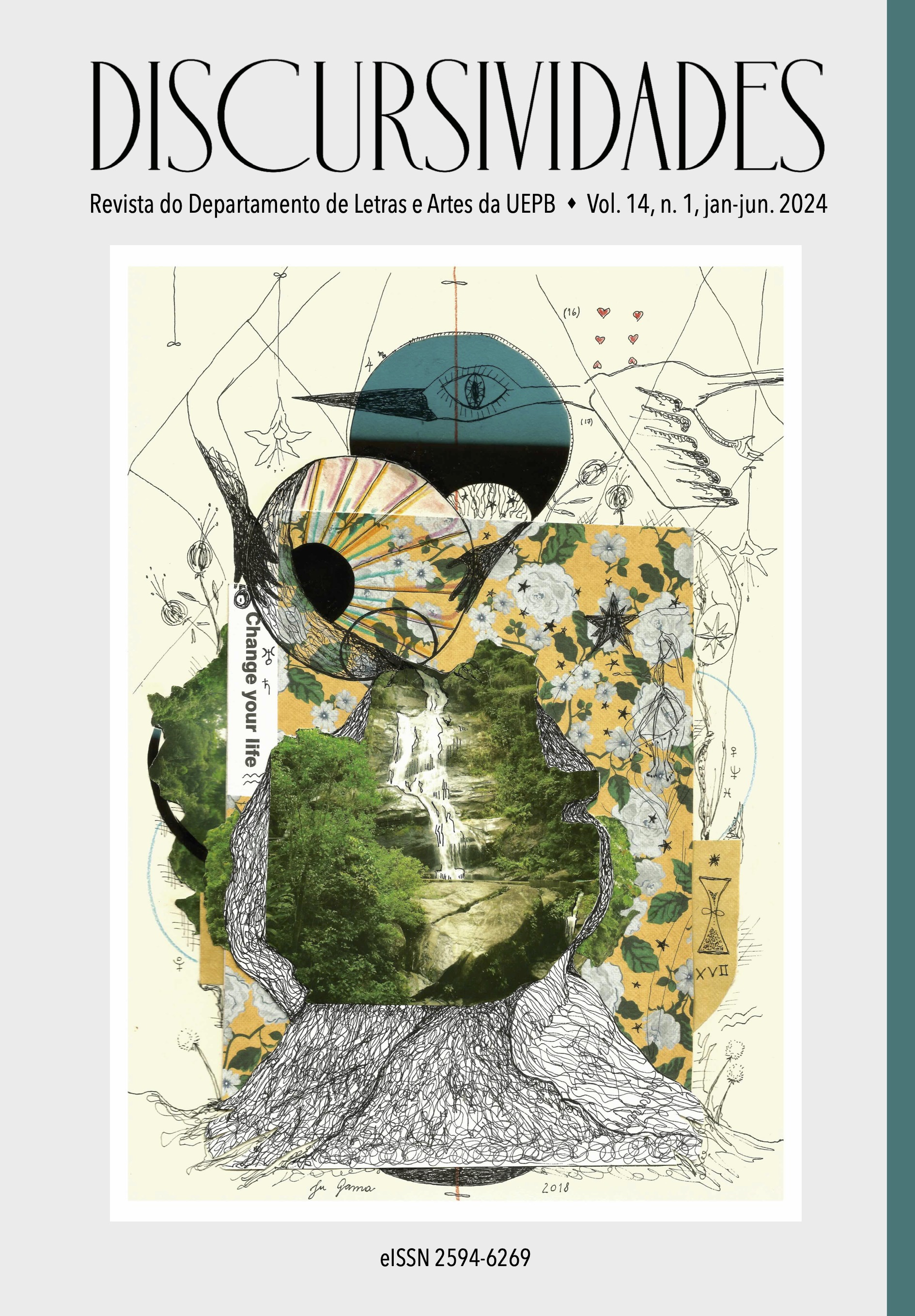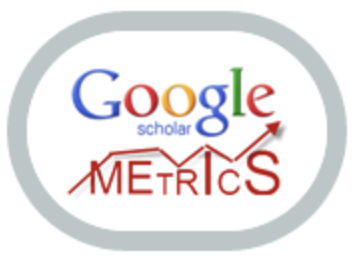Google Maps and digital literacy in the English classroom: a case study
DOI:
https://doi.org/10.29327/256399.14.1-1Keywords:
Supervised Internship, English Lesson, Digital Literacies, Google MapsAbstract
In this work, we address digital literacy practices (FREITAS, 2010) in elementary education during Supervised Internship II at a public university in Paraíba. Through the application of a didactic sequence (CRISTOVÃO, 2009), we used Google Maps as the focus of study and production. Therefore, we aim to analyze digital literacy practices in relation to the use of Maps in the classroom. This research is classified as a qualitative-interpretative case study (MOREIRA; CALEFFE, 2008). In the analysis, we describe how students interacted with the website and contrast the model of pamphlets produced by interns with those made by students. The research identified the following aspects: on the one hand, resistance to the use of Maps in English, in addition to the lack of access to digital instruments. On the other hand, dynamic vocabulary acquisition and a higher level of student engagement.
References
BRASIL. Ministério da Educação. Base Nacional Comum Curricular. Educação Infantil e Ensino Fundamental. Brasília: MEC, 2018. Disponível em: < http://basenacionalcomum.mec.gov.br/>. Acesso em: 20 jun. 2023.
CARMAGNANI, A. Por uma abordagem alternativa para o ensino de leitura: a utilização do jornal na sala de aula. In: CORACINI, M. (org.) O jogo discursivo na aula de leitura: língua materna e língua estrangeira. São Paulo, Pontes, 1995. p. 123-132.
CRISTOVÃO, V. Sequências Didáticas para o ensino de línguas. In: DIAS, R.; CRISTOVÃO, V. (org.). O Livro didático de língua estrangeira: múltiplas perspectivas. Campinas: Mercado de Letras, 2009. p. 305-344.
DOLZ, J.; SCHNEUWLY, B. Genres et progression en expression orale et ecrite. Éléments de réflexions a propos d'une expérience romande. Enjeux, n. 37/38, p. 49-75, 1996.
FREITAS, M. Letramento digital e formação de professores. Educação em revista, v. 26, p. 335-352, 2010. Disponível em: < https://www.scielo.br/j/edur/a/N5RryXJcsTcm8wK56d3tM3t/?format=pdf>. Acesso: 20 jun. 2023.
JENKINS, J. Which pronunciation norms and models for English as an International Language? ELT Journal, v. 52, n. 2, p. 119-126, 1998. Disponível em: < http://dx.doi.org/10.1093/elt/52.2.119>. Acesso em: 03 jan. 2024.
KUMARAVADIVELU, B. Beyond Methods: Macrostrategies for Language Teaching. New Haven and London: Yale University Press, 2003.
MOREIRA, H.; CALEFFE, L. Metodologia da pesquisa para o professor pesquisador. 2a ed. Rio de Janeiro: Lamparina, 2006.
NASCIMENTO, A. O Ensino de língua inglesa sob o viés dos letramentos digitais. In: ZACCHI, V.; STELLA, P. (org.). Novos letramentos, formação de professores e ensino de língua inglesa. Maceió: EDUFAL, 2014, p. 53-73.
NASCIMENTO, A.; SANTOS, G.; SILVEIRA, T. Letramentos digitais e formação inicial de professores: entre ser discente e tornar-se docente. Revista (Con)Textos Linguísticos, v. 13 n. 26, p. 51-64, 2019. Disponível em: <https://periodicos.ufes.br/contextoslinguisticos/article/view/27607>. Acesso em: 03 jan. 2024.
PASQUIER, A.; DOLZ, J. Un decálogo para enseñar a escribir. Cultura y Educación. Madrid, Infancia y Aprendizaje, n. 2, p. 31-41, 1996.
PERRENOUD, P. et al. As competências para ensinar no século XXI: a formação dos professores e o desafio da avaliação. Trad. Cláudia Schilling e Fátima Murad. Porto Alegre: Artmed, 2002.
SANTOS, M. Por uma outra globalização: do pensamento único à consciência universal. 6 ed. Rio de Janeiro: Record, 2001.
SOARES, M. Letramento. Diário do grande ABC, v. 29, p. 3, 2003.
SOUSA JÚNIOR, M. G.; SILVA, F. G. C.; COSTA, M. A. M. O uso de tecnologias digitais no planejamento de professores de inglês em período de estágio supervisionado. Revista Leia Escola, v. 20, n.1, p. 176-188, 2020. Disponível em: < http://revistas.ufcg.edu.br/ch/index.php/Leia/article/view/1766>. Acesso em: 20 dez. 2023.
SOUZA, V. Letramento digital e formação de professores. Revista Língua Escrita, n. 2, p. 55-69, 2007. Disponível em: < https://www.ceale.fae.ufmg.br/files/uploads/revista%20lingua%20escrita/LinguaEsc rita_2.pdf>. Acesso em: 20 jun. de 2023.
Downloads
Published
How to Cite
License
Copyright (c) 2024 Francisco Gabriel Cordeiro Silva Gabriel Gonçalves Benjamim de Souza Felipe Barbosa dos Santos

This work is licensed under a Creative Commons Attribution 4.0 International License.
Authors who publish in this journal agree to the following terms:
a) Authors retain copyright and grant the journal the right of first publication. The articles are simultaneously licensed under the Creative Commons Attribution 4.0 International Public License (CC BY 4.0) which allows the sharing of the work with acknowledgment of its authorship and initial publication in this journal.
b) Discursividades journal offers immediate free access to its content, following the principle that making scientific knowledge available to the public free of charge provides greater global democratization of knowledge.






